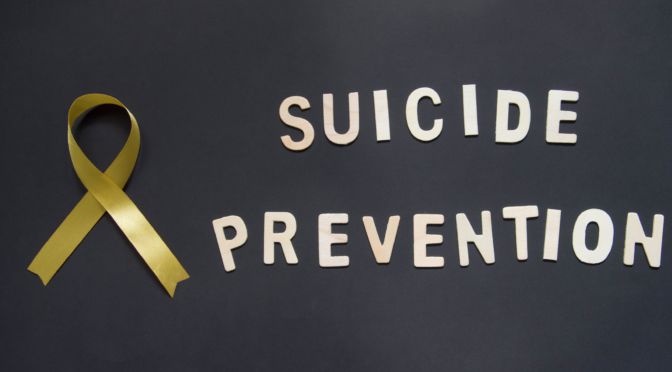Suicide Prevention Awareness: “Creating hope through action.”

September is National Suicide Prevention Month and September 10th is World Suicide Prevention Day. According to the Centers for Disease Control and Prevention (2021), suicide is the 10th leading cause of death and the 2nd leading cause of death in youth and young adults between the ages of 10-34 in the United States.1 These are startling statistics and highlight the importance of knowing the facts about suicide and suicide prevention. Unfortunately, there are many misconceptions and false assumptions about suicide. To help those in crisis, everyone should take the time to learn the facts about suicide.
In this Psychology Today article, Dr. Anton C. Bizzell, CEO of The Bizzell Group, debunks some of the common false assumptions about suicide, identifies the triggers for suicide, and shares actions you can take and things you can say if someone is considering suicide.
READ MORE: Suicide Prevention Awareness: “Creating hope through action”
Centers for Disease Control and Prevention. (2021). Facts About Suicide. Retrieved October 13, 2021, from: https://www.cdc.gov/suicide/facts/






